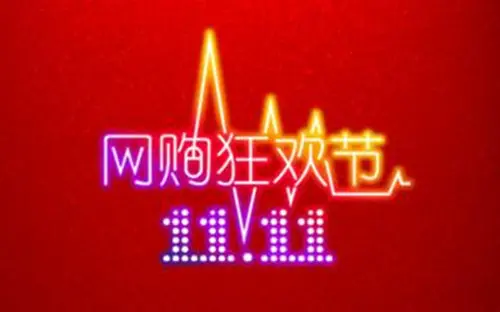Philippine President Benigno Aquino III's ignorant, malicious remarks that likened China to Nazi Germany have drawn fierce criticism from media outlets around the world, which said his words will only raise tensions in the region.
In a speech during his Japan tour Wednesday, Aquino compared China to Nazi Germany with regard to the territorial disputes in the South China Sea and called on the United States to play a role in stopping China's rising might.
The World Socialist Web Site, a Germany-based international socialist news site, said both Manila and Tokyo are playing crucial roles in Washington's ratcheting up of military pressure on Beijing over the South China Sea issue.
"The Philippines, under the Aquino administration, has been particularly provocative," said an article carried by the news site.
It said that by comparing China to Nazi Germany, the Philippine president repeated almost verbatim the inflammatory rhetoric he previously used last year in an interview with the New York Times.
"China is not an imperialist power, nor is it threatening to invade anyone," the article said.
"One feels a genuine revulsion witnessing Aquino ... standing alongside Shinzo Abe, the most right-wing prime minister Japan has seen since the (Second World) War, and denouncing China, which was the victim of Japanese militarism, as Nazi Germany," it added.
Sputnik, a Russian news agency, said Aquino's remarks are especially vexing given the fact that China is one of the last regional countries to place installations in the Nansha Islands.
"Other claimants to the area, including Vietnam, Malaysia, and yes, the Philippines, have had outposts and airstrips installed on the islands for decades. It's only recently that Beijing has begun its own construction in the region," Sputnik said.
The news agency said that following Aquino's logic, the Philippines has apparently been planning a "blitzkrieg" for the South China Sea since before the 1980s.
"There's also a particular irony in Aquino choosing to make these accusations in the capital of a former Axis power. No matter how the Philippine president may feel about China, Japan has yet to provide a formal apology for its own role in World War II," it said.
Aquino's remarks on the South China Sea disputes also prompted domestic criticism, as local media warned him against playing with fire over these issues.
In an editorial released late Wednesday, the Manila Times, a leading daily in the Philippines, said that by announcing the inclusion of the disputed territories issue in his Japan state visit agenda, Aquino is again stirring the pot, adding that "the apparent agitation seems unnecessary and it is unclear what national interest it hopes to serve."
"The Aquino government's approach to territorial disputes actually worsened the situation for the Philippines," the editorial said.
It warned the president to have a rational endgame in mind. "Is he instead expecting the Chinese to be intimidated by U.S. naval presence around the disputed territories?" the newspaper asked.
"Is the Philippines hoping for a hot war between China and the U.S. over the disputed territories? We hope not, because when giants collide, little players like the Philippines risk being squashed. More formally, instability in the Asia Pacific would threaten economic development in the entire region, including the Philippines," it said.
Referring to Philippines-China ties, the editorial said the disputed territories issue should not define bilateral relations. "We also believe that we have more to gain from befriending China than by antagonizing it unnecessarily and contributing to the escalation of tensions between the Chinese and Americans," it said.
The Manila Times expected a peaceful resolution to the conflict through diplomacy.
"But for a peaceful and mutually beneficial resolution to be reached, President Aquino should first learn the proverb: 'You catch more flies with honey than you do with vinegar,'" said the newspaper.
 简体中文
简体中文

